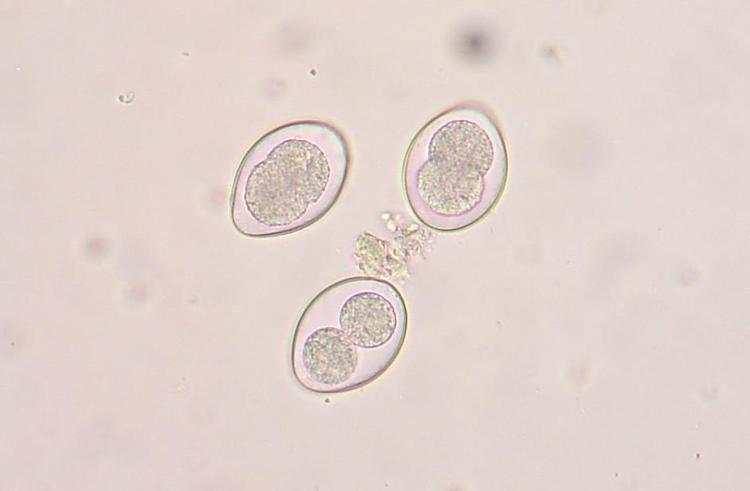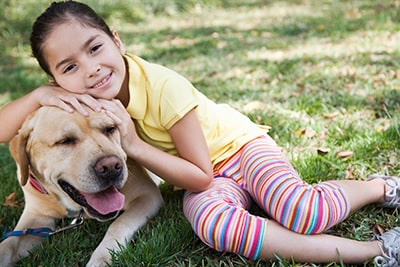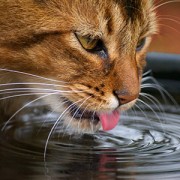Coccidia In Kittens Contagious To Humans

Kittens and older cats that are stressed or have a weak immune system are more likely to be affected by coccidia 1 2.
Coccidia in kittens contagious to humans. Any infected kitten or puppy is contagious to other kittens or puppies. Fortunately host animals are usually affected by different species of coccidia which means that spreading the infection between different species e g. These often cause an intestinal tract infection called coccidiosis 1 2. Although most infections are the result of spread from the mother this is not always the case.
The short answer is yes but it s unlikely. Most kittens who are ill from coccidia are therefore two weeks of age and older. Coccidia are a group of single celled protozoa found within the intestinal lining of kittens and cats. These protozoans one cell organisms get in a cat s intestinal tract and lead to a disease called coccidiosis.
From cat to dog is highly unlikely. Is coccidia in cats contagious to humans and other pets. Isospora felis and isospora rivolta there are a few types of coccidia that cats can contract namely isospora felis and isospora rivolta. Coccidia are tiny single celled parasites that live in the wall of your cat s intestine.
However keep in mind that coccidia is contagious among animals of the same species. They are found more often in kittens but they can also infect older cats. Coccidia is a common cause of diarrhea in kittens whose immune systems aren t fully developed and therefore aren t capable of fending the bugs off. The most common parasite to cause coccidiosis in cats is isospora felis.
Dogs humans and other animals do have their own forms of coccidia but most coccidians are very host specific. Is coccidia contagious to humans. Although most cases are the result of infection from the mother this is not always the case. Coccidia can infect cats dogs and even humans.
Consequently kittens that become sick from a coccidial infection are at least two weeks old. Cats become infected by swallowing soil that contains coccidia or other substances in the environment that may contain cat feces it is also possible that rodents could eat the coccidia and contract a resting stage of the. Coccidia are a group of single celled parasites called protozoa. It takes about thirteen days for illness to develop after the kitten first ingests coccidia.
The common isospora types of coccidia are not a concern for humans but if your cat is diagnosed with toxoplasma or cryptosporidium you can be infected. Immune compromised individuals have the highest risk of infection but by practicing good hygiene techniques and properly disposing of cat feces you can minimize the risk of contracting these zoonotic diseases. In breeding facilities animal shelters kennels and other areas where numerous pets may come into close proximity with one another it is wise to isolate. Any infected kitten is contagious to other kittens.






